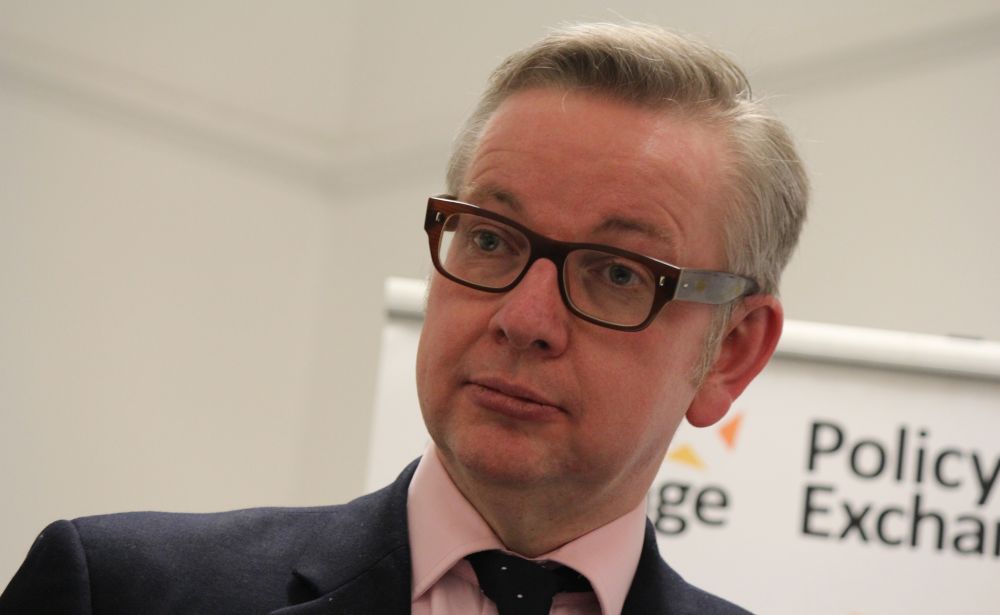Concerns over chlorinated chicken could slow US trade deal down, says Gove

Concern over chlorinated chicken could delay a post-Brexit trade deal with the US, Defra Secretary Michael Gove has said.
Giving evidence to the Commons Environment, Food and Rural Affairs Committee, Mr Gove said Britain would not lower its food or animal welfare standards in order to secure trade agreements after Brexit.
Mr Gove said: "We want to have a free trade deal, but, of course, we need to have those protections, and if we can't achieve protections in those areas then any deal will necessarily have a slightly narrower scope."
Asked if this could slow down the process of negotiating a trade deal with the US, he said “yes”.
In the US, the government permits such practices as chlorinated chicken, which consists of dipping meat into chlorinated water to prevent microbial contamination.
But this practice is banned in the EU, which fears the practice could actually worsen safety standards
There were reports of a cabinet split on the issue, with International Trade Secretary Dr Liam Fox and Foreign Secretary Boris Johnson relaxed on the position of lowering British food standards. They have reportedly argued their case against Defra Secretary Michael Gove.
Dr Fox said there is no health issue with chlorine-washed chicken, insisting the matter would only be "a detail of the very end stage of one sector of a potential free trade agreement".
However, in July, Mr Gove said all members of the government were 'agreed' that animal welfare standards will not be diluted.
'Some way to catch up'
In Scotland, Rural Affairs Minister Fergus Ewing has criticised the UK for dwindling on this issue. He said the current situation is 'concerning and confusing.'
"The EU-wide food safety and animal health and welfare standards which Scotland and the UK currently adhere to are some of the highest in the world. The USA at present has some way to catch up on our standards," Mr Ewing said.
"For example, the EU has banned the importation of certain foods which are produced in a particular way, including hormone-treated cattle or chlorine washed poultry.
"Scotland and the UK proudly boasts a gold standard level of animal welfare, the chicken industry is no exception."
A report released in summer warned of the potential increase in cheaper, lower standard food imports to the UK which could put British farmers at a competitive disadvantage.
The House of Lords Committee warned that a potential increase in imports from countries operating lower farm animal welfare standards could undermine UK producers after Brexit.
The Government’s wish for the UK to become a global leader in free trade is not necessarily compatible with its desire to maintain high animal welfare standards, the report warned.








